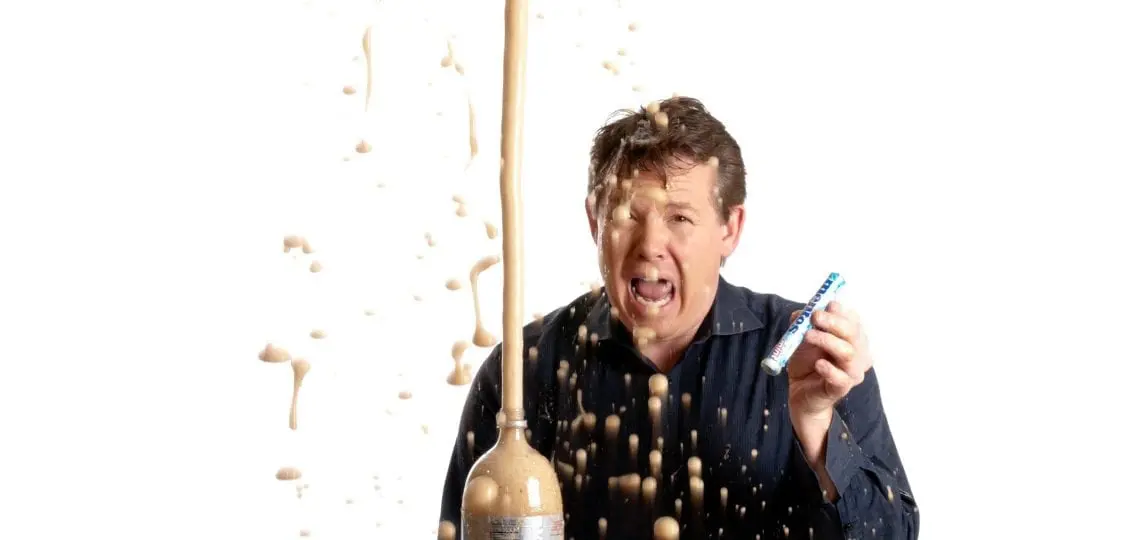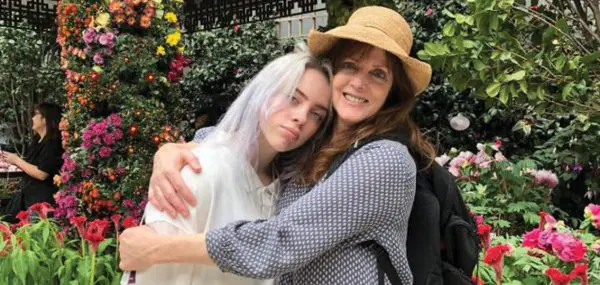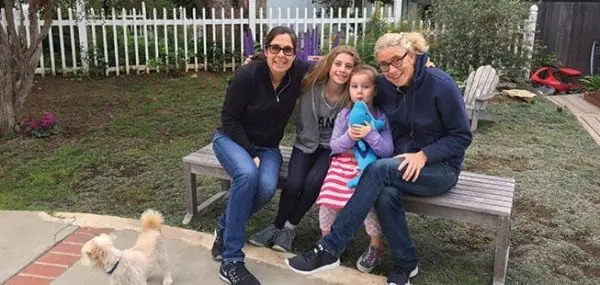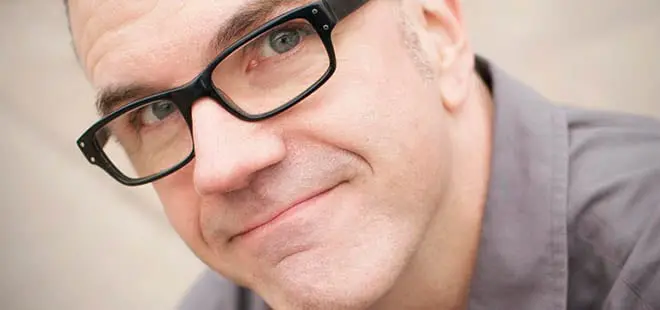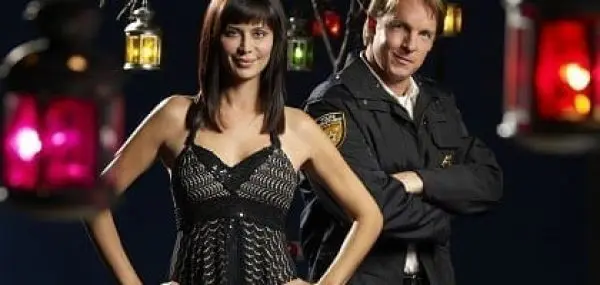Steve Spangler learned his love of science from his father, a chemical engineer who doubled as a professional magician. Spangler’s dad had worked with the likes of David Copperfield and Penn and Teller. He often used his science as a way to do magic. These days, Steve Spangler travels the country, working with educators and making hundreds of television appearances. He’s a frequent guest on the Ellen Show. He’s the recipient of two Emmy awards. And Time Magazine named him one of the 100 most influential people of 2006 … which was the year after Spangler’s famous—or infamous—Mentos Geyser experiment went viral on YouTube. Did we mention he’s also got three teenagers at home? Your Teen recently caught up with Steve Spangler to chat about magic, science, and lots more.
Interview with Steve Spangler: Science, Magic, And More
Q: How do you get kids excited about science, or any other interest?
Spangler: I think you can break this down into three steps
- Identify a Spark or Passion. Peter Benson from The Search Institute has looked at what it takes to get kids excited about anything. To start, there must be some kind of spark or passion. So parents must put enough things in front of their kids to help them find that spark. Think of it like a buffet. You allow your kids sample whatever they want and you’re feelings aren’t hurt if they aren’t interested.
- Find Three Champions. The next step is that our children need three champions and we, the parents, can’t be one of them. The three people need to be in the community—at school, at your church, a family friend, a coach. These are people who can champion your kid’s passion. For example, my son is passionate about theater, so we need to find people who can help champion his cause, who can talk to him about theater, and help him grow. These champions can help either foster that passion or naturally terminate that passion because our child sees ‘Hmm, this isn’t really what I thought it would be. I wanted to be an orthopedic surgeon, but now that I went and actually did this for a summer and watched I don’t think I really want to do that. But what I want to do…’ and so it hopefully introduces another potential passion to explore.
- Create Opportunity. Once you get that spark and the champions, we as parents come in and go ‘How can I give you opportunities to be able to now take this to the next level’. Easiest example would be college, but other examples would be something as simple as guitar lessons, ‘Wow I didn’t realize you like guitar that much’, or soccer, or some sort of sport, or lacrosse, whatever it might be.
Q: Are you good at applying this to your own life?
Spangler: I work at it, but sometimes I need to step back. I took up speech and debate in junior high and continued in high school where I did well bringing home state and national titles as well as some much needed scholarship money. It only made sense to share my passion for public speaking with my three sons in hopes that they would love it too. In fact, my oldest son brought home two state titles and my youngest teen has a national championship under his belt.
When my oldest son went to high school, I kept asking if he had signed up for speech and debate. He kept having excuse after excuse, week after week. One day he finally said, “Dad, I don’t want to do that. I’m not interested in being you when you were in high school. I really love theater.” I had tried to push him into something that didn’t interest him because I didn’t want him to miss the opportunity. When to jump in and jump out—that is the art of parenting.
Q: What sparked your passion for science?
Spangler: I grew up in this family of professional magicians. My dad actually had two jobs. During the day he was a chemical engineer, and he was also a very accomplished magician who often combined his talents to create some amazing things. For example, my father was well-known in the 1970s as the guy who created the world’s best fake blood—used by the rock band KISS, the magicians Penn and Teller, television and movie studios, and many others. I was fascinated by my dad’s chemistry early on.
My dad really had this knack for chemical magic—he’d take a colorless liquid that looked like water and pour it into another colorless liquid and instantly the new liquid would turn jet black. This is how he grabbed my attention. I would say, “Dad how did that work?” and he’d say, “I can’t teach you that now because you haven’t learned your acids and bases yet. But once you learn something about the pH scale in school it will make sense. Keep focused in school and I promise to share the chemical secret.” So in the way he presented science magic to me, it got me interested.
Q: What if I’m not very into science? Are there simple things to do with my kid?
Spangler: Sure. So two answers to the question. Experiments can get kids excited, but people can also get kids excited about science. I could change the way you think about science forever if I put you in front of the right person. Often, I think if a kid says, ‘I’m not really excited about science,’ what they are really saying is, ‘I haven’t met anybody yet that’s inspired me to enjoy science.’ So they just didn’t have a science teacher—or a champion—in their life who’s made your teen think, ‘Oh tell me more.’
I credit my dad and that one, simple experiment where the water changed color. You can cross your fingers and hope that your kid gets a great science teacher, but you can also look for opportunities in the summer, someone who is coming through town, or maybe there’s somebody on TV or the Internet who’s doing some science or whatever it might be.
Q: It could even be you!
Spangler: People are using our stuff to get excited about anything, and that’s awesome. In terms of a simple experiment you can try with your kids, our claim to fame experiment is the Mentos Geyser, where you drop a role of Mentos into a bottle of coke. I’d say try that with your kids first (when you can go outside).
You can find the Mentos Geyser and many other experiments at SteveSpanglerScience.com
